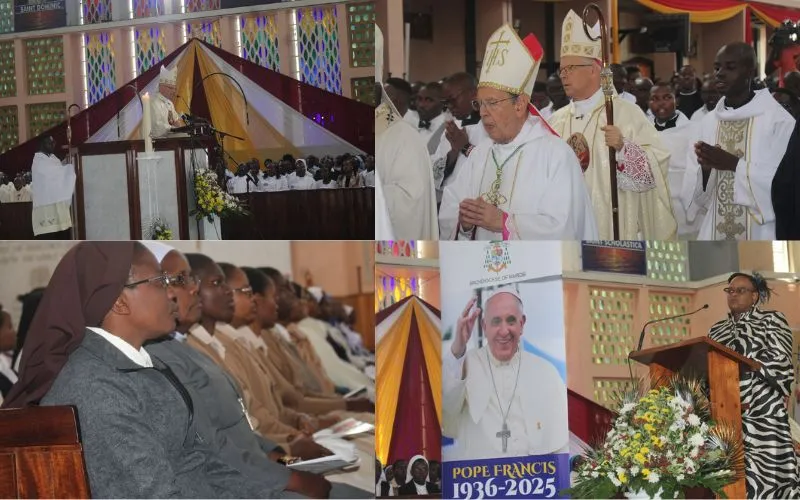Lagos, 25 November, 2023 / 9:43 pm (ACI Africa).
Investing in the media, training communication agents, and being innovative as a people of God are three “practical” ways the Church in Africa can realize to boost evangelization through digital culture, Bishop Lucio Andrice Muandula has said.
In his address at the November 18-21 Golden Jubilee of the Pan-African Episcopal Committee for Social Communications (CEPACS), the Local Ordinary of Mozambique’s Xai Xai Diocese who doubles as the first Vice President of the Symposium of Episcopal Conference of Africa and Madagascar (SECAM) explained how the three ways can foster evangelization in Africa.
Investing in the Media
“As a Church, we must invest in the media if we are to be effective in proclaiming the Good News of Salvation to the ends of the earth, that is, to all the men and women of our time, especially those who feel excluded or marginalized,” Bishop Muandula during his address on Monday, November 20, the eve of the conclusion of the Golden Jubilee celebrations of CEPACS, an initiative of SECAM.
To achieve this, he added, the Church in Africa “must make a huge investment in the various forms of the Media at our disposal.”








